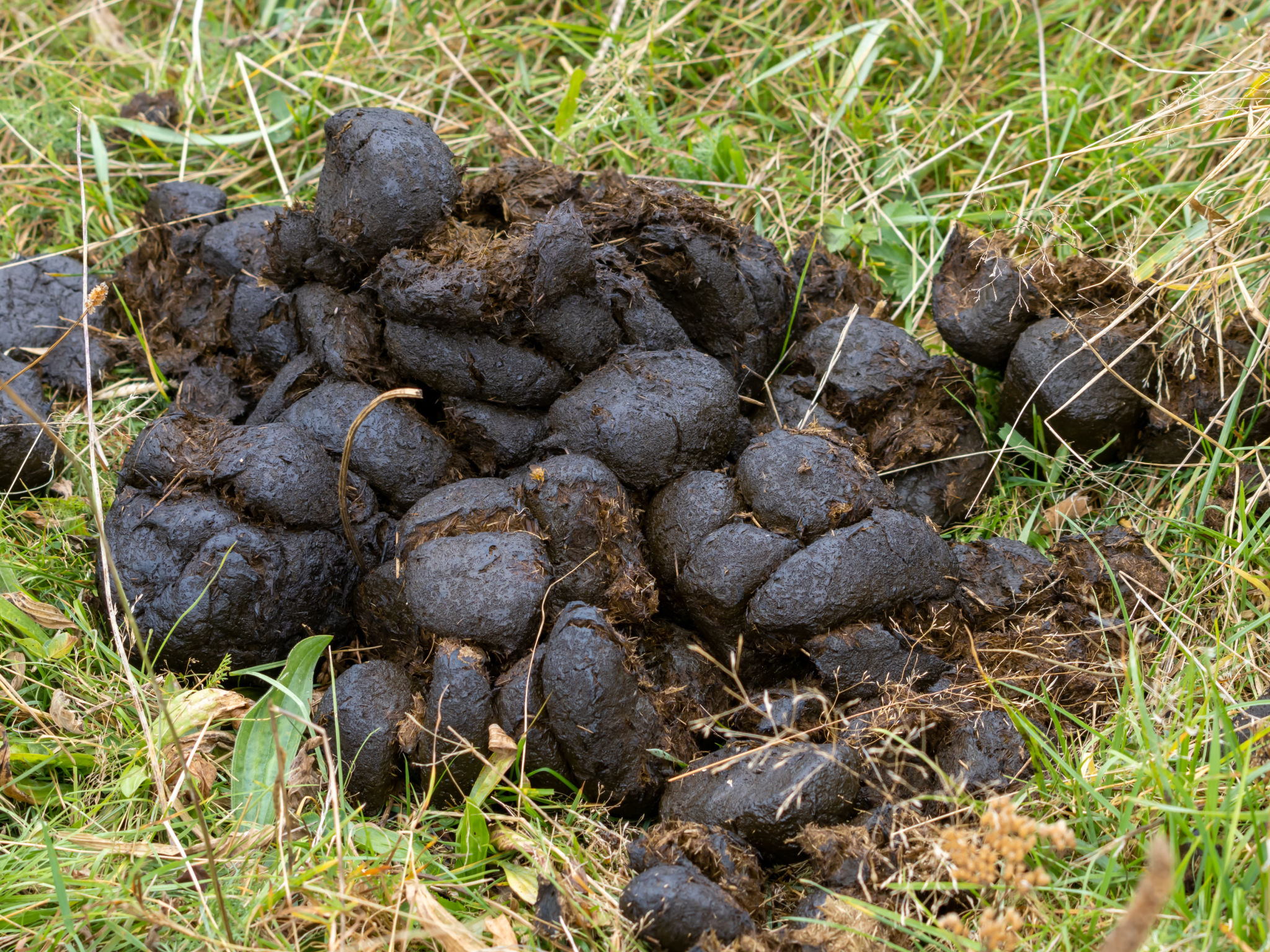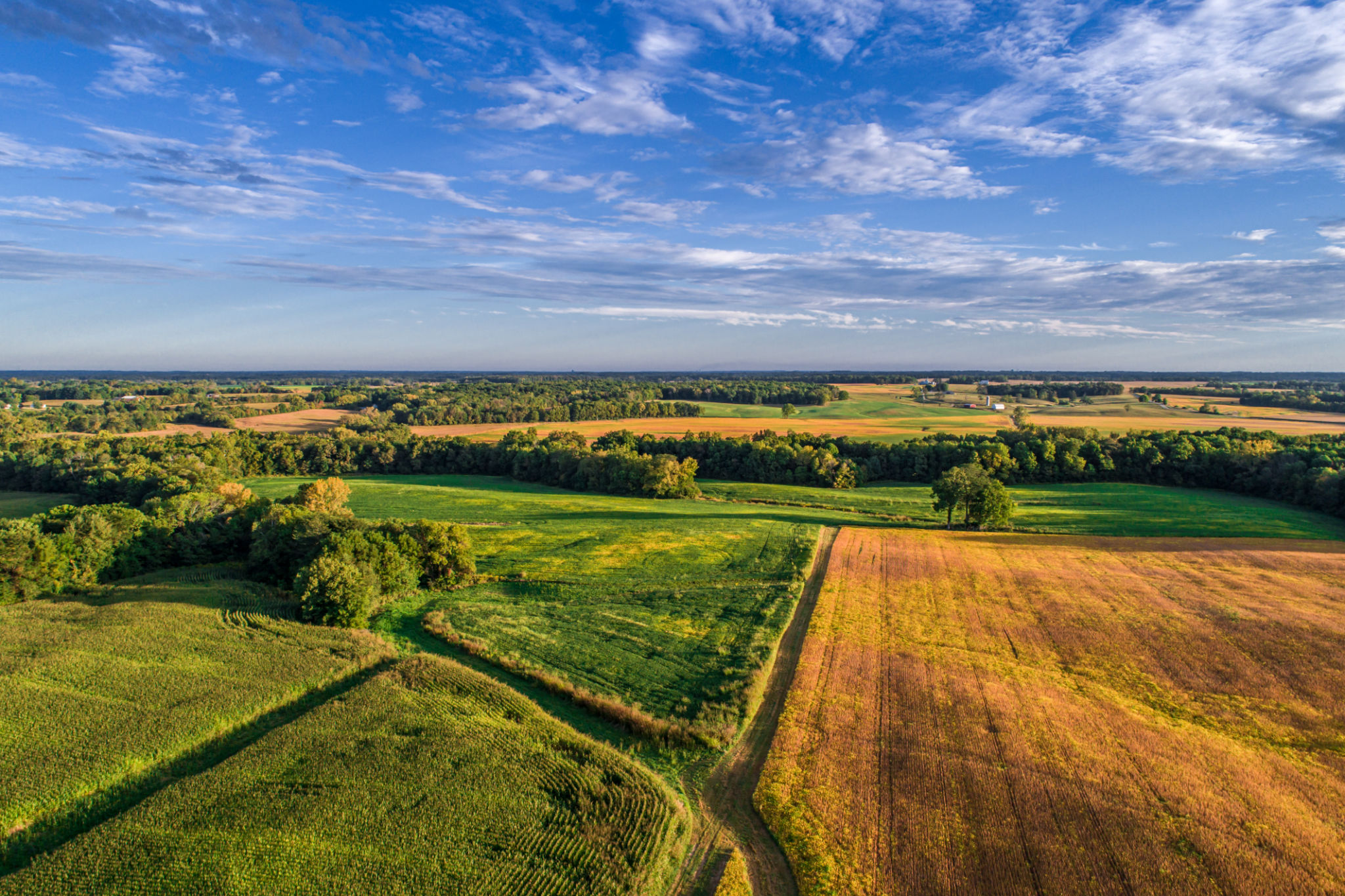The Benefits of Using Eco-Friendly Equine Waste Products
Understanding Eco-Friendly Equine Waste Products
Equine waste management is a critical aspect of maintaining a healthy and sustainable environment, especially for horse owners and equestrian facilities. Using eco-friendly equine waste products helps reduce the environmental impact of waste while promoting healthier practices. These products are designed to decompose naturally, returning valuable nutrients to the soil and reducing landfill contributions.
Adopting eco-friendly practices in equine waste management not only benefits the environment but also supports a more sustainable lifestyle for horse owners. By choosing biodegradable and compostable products, you can significantly contribute to reducing your carbon footprint.

The Environmental Impact of Traditional Waste Products
Traditional equine waste products often rely on non-biodegradable materials, leading to significant environmental issues. These materials can take years or even decades to decompose, contributing to pollution and the accumulation of waste in landfills. Additionally, the production process for these materials typically involves high energy consumption and resource depletion.
Using eco-friendly alternatives mitigates these issues by promoting the use of natural resources that break down quickly and return valuable nutrients to the soil. This sustainable approach helps to conserve resources and reduce pollution.

Benefits of Eco-Friendly Equine Waste Products
There are numerous advantages to using eco-friendly equine waste products, making them a worthwhile investment for any horse owner or equestrian facility. Some of the key benefits include:
- Reduced Environmental Impact: These products decompose naturally, minimizing landfill contributions and pollution.
- Improved Soil Health: As they break down, eco-friendly products enrich the soil with nutrients, promoting healthier plant growth.
- Cost-Effective Solutions: While the initial cost may be higher, the long-term savings from reduced disposal fees and improved soil fertility can offset this expense.
How to Incorporate Eco-Friendly Practices
Incorporating eco-friendly practices into your equine waste management routine is easier than you might think. Start by identifying areas where you can replace traditional products with their environmentally friendly counterparts. For example, consider switching to biodegradable bedding materials or compostable feed bags.
Another effective strategy is to implement a composting system for manure management. Composting not only reduces waste but also produces a valuable soil amendment that can enhance your pastures or gardens. Partnering with local farmers or gardeners can further extend the benefits of your composting efforts.

Supporting Sustainable Brands
When purchasing equine waste products, look for brands that prioritize sustainability and eco-friendly practices. These companies often provide transparency about their materials and manufacturing processes, allowing you to make informed decisions. Supporting these brands encourages the development and availability of more sustainable options in the market.
Additionally, consider engaging with local initiatives or equestrian organizations that promote environmental stewardship. Collaborating with like-minded individuals and businesses can amplify your impact and inspire others to adopt eco-friendly practices.
The Future of Equine Waste Management
The equestrian community is gradually embracing more sustainable practices, leading to increased innovation in eco-friendly waste management solutions. As awareness grows, we can expect continued advancements in biodegradable materials and composting technologies tailored specifically for equine waste.
By prioritizing eco-friendly equine waste products today, you play a vital role in shaping a more sustainable future for the equestrian world. Together, we can create positive change and ensure that our love for horses aligns with our responsibility to protect the environment.
